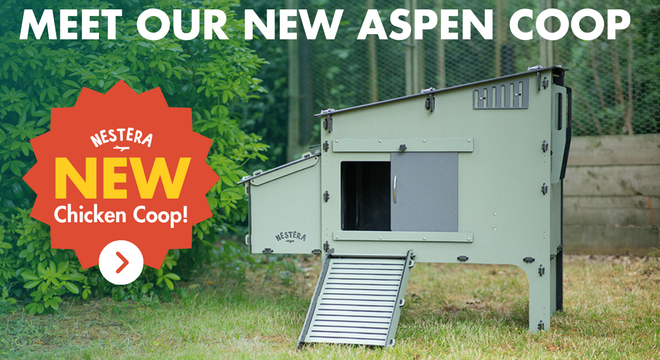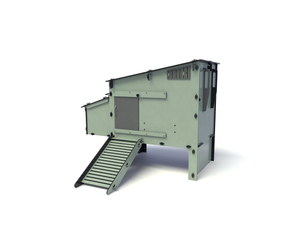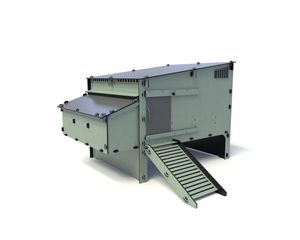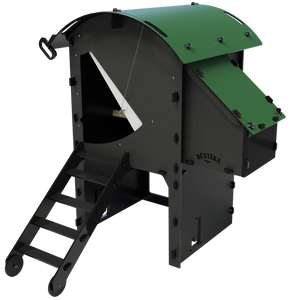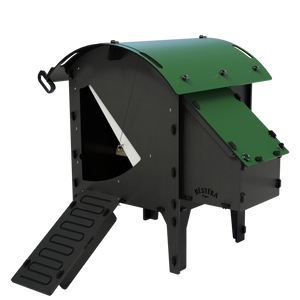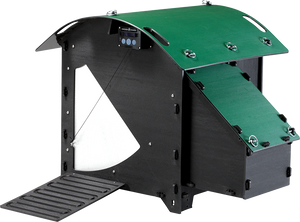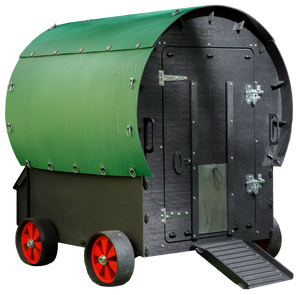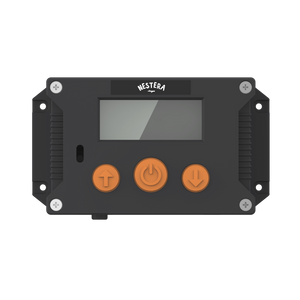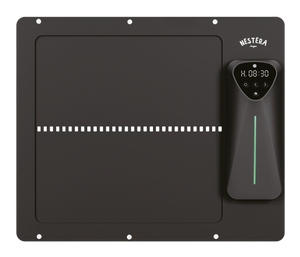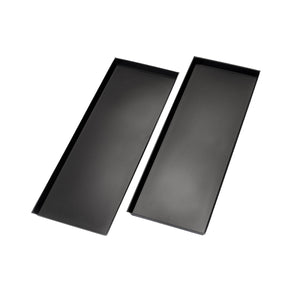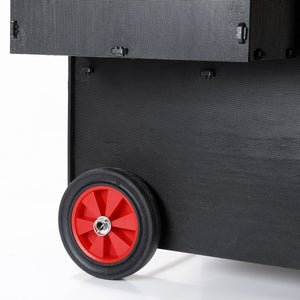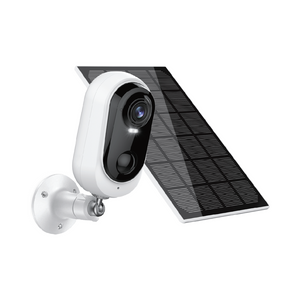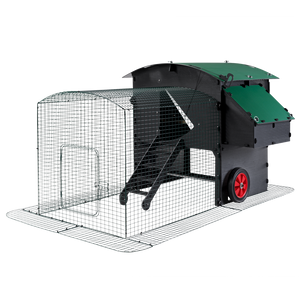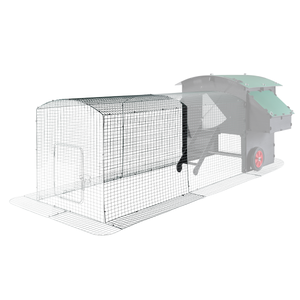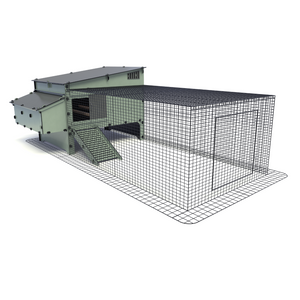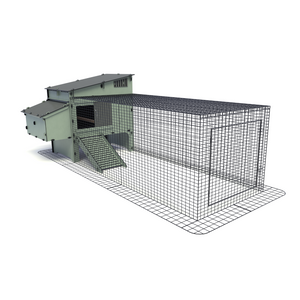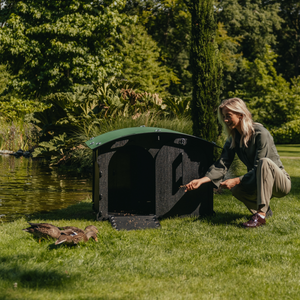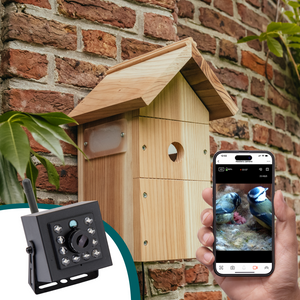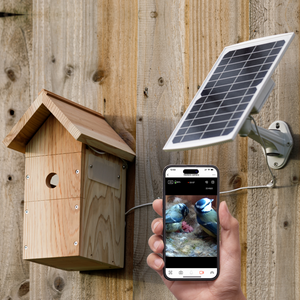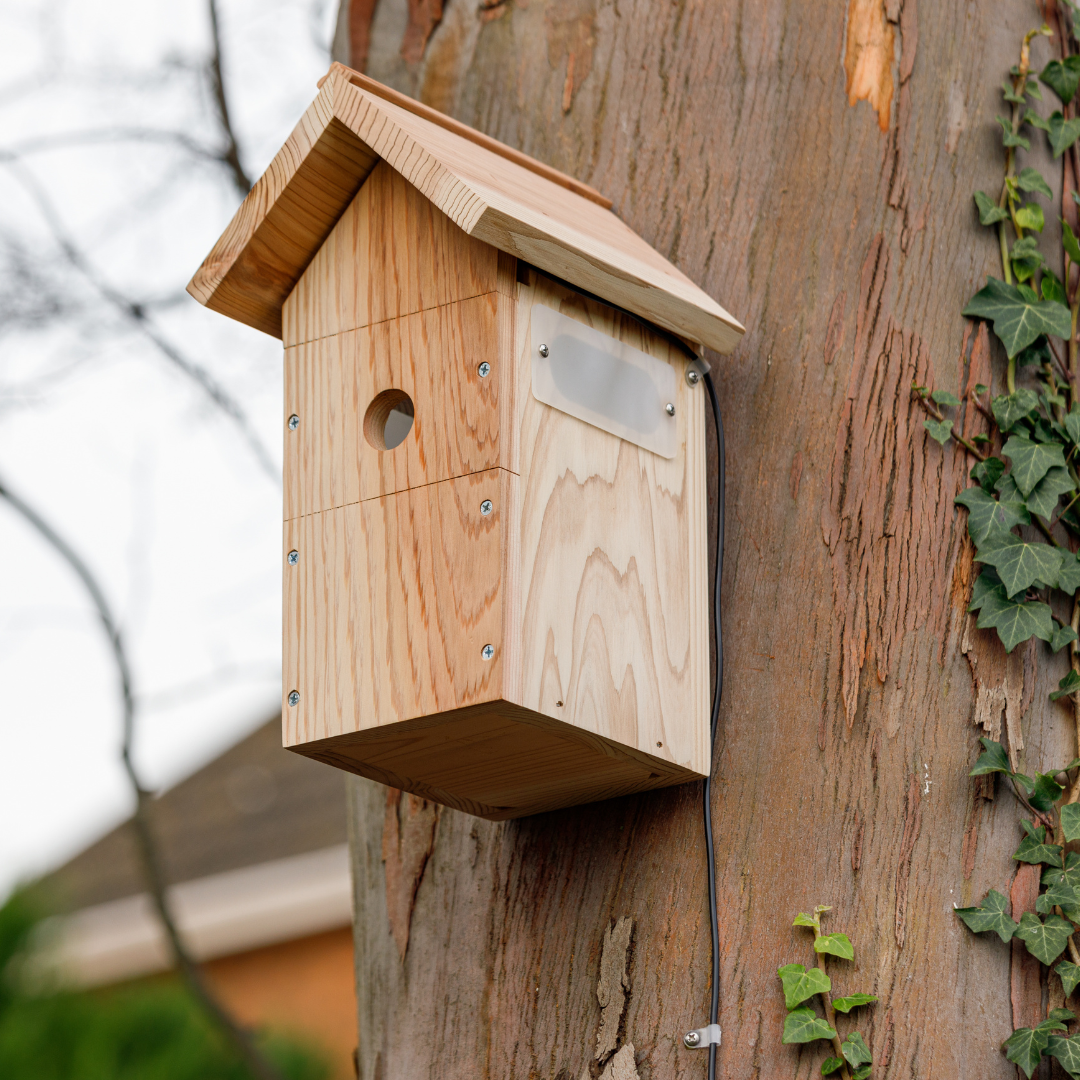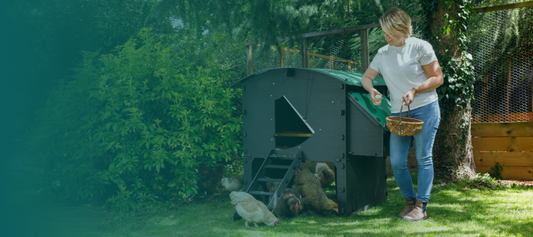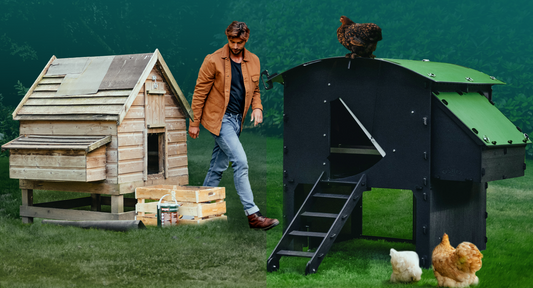Here at Nestera, we know a thing or two about bird boxes! We have decades of experience with nesting birds and have built strong ties with organisations like the RSPB, BTO and wildlife trusts right across the UK.
If you’re wondering about the best place for your bird box, read on to discover some dos and don’ts for siting your nest box and to find out where different bird species like their nest box placed.

Unless there are buildings or trees to provide shade during the day, face your nest box between north and east. This will avoid direct sunlight and the wettest winds and should also provide optimum light for your bird box camera. The perfect height for a bird box depends on the species the box is intended for or what type of bird you’re hoping to attract:
- Bird boxes for tits, sparrows or starlings should be placed 2-4 metres off the ground on a tree or a wall.
- Open-fronted bird boxes for robins and wrens should be lower - ideally 2 metres or less from the ground and well hidden in vegetation.
- Spotted flycatchers like a bird box to be 2-4 metres off the ground and preferably sheltered by foliage but with a clear entry point.
- Woodpecker nest boxes should be located 3-5 metres high on a tree trunk with a clear flight path and away from anything that may cause a disturbance.
- House sparrows and starlings will happily nest in boxes placed high off the ground under the eaves of buildings. Since they nest in loose colonies, several bird boxes can be spaced out on the same side of a building. However, try to avoid areas where house martins have been known to nest.
Several bird boxes placed close together may be occupied by the same species if they are located on the edge of adjoining territories with an abundance of food nearby. This tends to happen more often in the countryside than in residential gardens, where you would normally only expect one nesting pair of any one species.
The exceptions to this are house martins, tree sparrows and house sparrows, which are all colonial nesting birds. When you put up more than one bird box, you can usually expect to attract several species.
What is the Best Way to Hang My Bird Box?
When securing a bird box, aim to tilt it slightly forwards so that any driving rain will hit the roof and bounce away, instead of penetrating the entrance hole.
When attaching a bird box to a tree, avoid using nails as they may damage it; nylon bolts, cable ties or a strip of wire around the trunk or branch are good alternatives. Consider using a piece of hose or section of car tyre around the wire to prevent any damage to the tree. Remember that trees grow in girth as well as height, so check the fixing regularly.
What is the Ideal Time of Year to Put up a Bird Box?
Tits begin prospecting for nesting sites in February and early March, with most other birds beginning to investigate nesting sites during the autumn and winter, usually looking for a suitable location to feed and roost. They often use the same place for nesting the following spring.
How Do I Clean My Bird Box?
Most nests are known to harbour fleas and various other parasites, which can go on to infest newly hatched or young birds the following year.
Old disused nests should be removed from bird boxes from August onwards (or only once you are 100% certain the birds have stopped using the nest). Remove your bird box camera from the nest box before removing any nesting materials. Then clean the bird box out with boiling water to kill any remaining parasites.
Ensure the nest box is thoroughly dry before reinstalling the bird box camera or replacing the front or lid. Never use insecticides or flea powders in a bird box.
Our range of Wifi Camera Bird Box Systems come with a pre-installed and can be set up quickly and easily to allow you and your family 24/7 access to unseen, close-up HD footage of your nesting birds on any smart device!

And when mounting or cleaning your bird box, be sure to remember Nestera’s handy tips!
